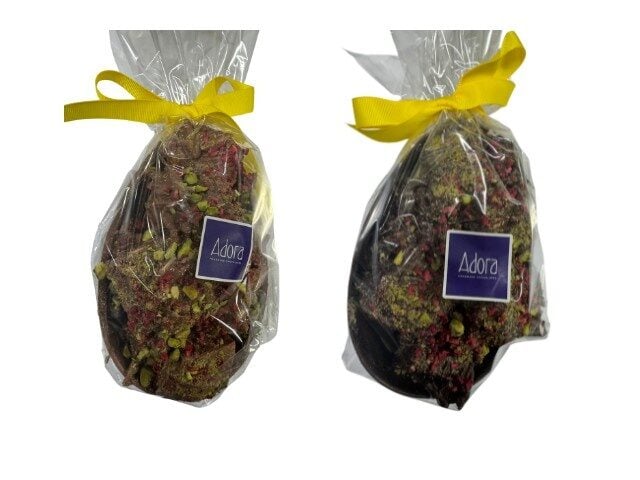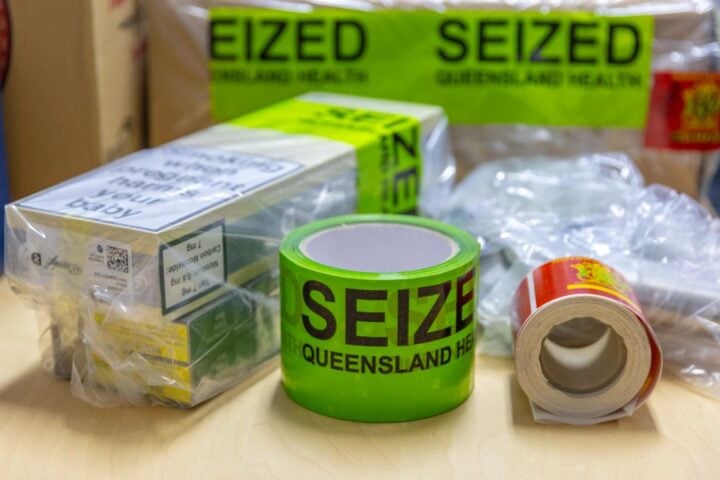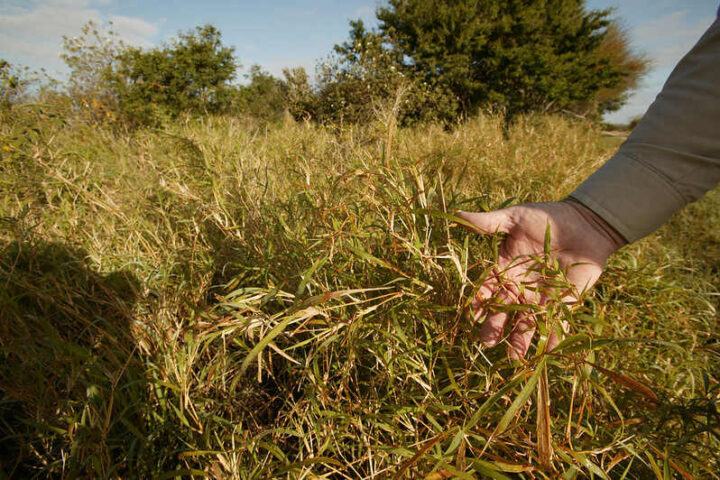The NSW Government has passed new legislation banning ‘claim farming’ – a predatory practice where vulnerable people are pressured into making compensation claims. The Claim Farming Practices Prohibition Bill 2025 aims to stop individuals and organizations from exploiting trauma survivors for profit.
“The NSW Government has legislated to put a stop to the insidious practice of claim farming that exploits the trauma of vulnerable people,” said Attorney General Michael Daley. “No one should be harassed or intimidated into making a civil compensation claim which may not be in their best interests.”
Claim farming typically involves targeting vulnerable individuals through cold calling and high-pressure tactics. These operators obtain personal information without consent and make false promises about potential compensation. They then sell these details to legal practices or other claim farmers for substantial fees.
Under the new laws, anyone who solicits, buys, or sells a claim faces fines up to $55,000. Lawyers found involved in claim farming will be prohibited from charging or retaining fees associated with farmed claims and must refund any fees already collected.
Similar posts:
According to government reports, claims can be sold to law firms for between $800 and $10,000, while intermediary “claims management services” may pay individual referrers $50 to $100 for every new claimant. These costs are often passed on to claimants through disbursement fees upon settlement, which many victims don’t fully understand.
The legislation covers claims arising under the Civil Liability Act 2002, including serious injury, medical negligence, and public and product liability claims. It also extends to intentional torts such as child abuse, assault, and deprivation of liberty.
The government emphasized that the ban does not prevent legitimate claims. Abuse victims can still seek compensation by contacting lawyers directly, and people can still provide advice or assistance to help others make claims.
Existing fraud offenses will continue to apply alongside the new prohibition. Currently, dishonestly obtaining financial advantage by deception carries a maximum penalty of 10 years’ imprisonment in NSW.

The bill has been developed through consultation with community members, including victim-survivors and their advocates. Industry stakeholders have expressed concerns that claim farming may increase fraudulent claims, potentially undermining the integrity of legitimate cases.
The legislation has passed both houses of parliament and is awaiting final assent before becoming law.
Frequently Asked Questions
Claim farming is a predatory practice where operators cold-call or pressure vulnerable people (often trauma survivors) into making compensation claims they may not need. They collect personal information without proper consent and sell these details to law firms or other operators for profit. NSW is banning this practice because it exploits vulnerable people, potentially forces them into unnecessary legal proceedings, and often results in hidden costs that reduce their final compensation.
According to government reports, claim farmers can sell personal information and potential claims to law firms for between $800 and $10,000 per case. Individual referrers who provide leads to claims management services may receive $50 to $100 for each new potential claimant they identify. These costs are typically passed on to the claimants themselves through disbursement fees when their cases settle.
No. The NSW Government has emphasized that the Claim Farming Practices Prohibition Bill 2025 does not prevent legitimate claims. People who have genuinely suffered injuries or abuse can still seek compensation by contacting lawyers directly. The legislation specifically targets the predatory practice of soliciting and selling claims, not the right to seek legitimate compensation.
Under the new laws, individuals or organizations caught soliciting, buying, or selling claims face fines of up to $55,000. Lawyers found to be involved in claim farming will be prohibited from charging or retaining any fees associated with farmed claims and must refund any fees already collected. Additionally, existing fraud offenses still apply – dishonestly obtaining financial advantage by deception carries a maximum penalty of 10 years’ imprisonment in NSW.
The legislation covers claims arising under the Civil Liability Act 2002, which includes serious injury, medical negligence, public liability, and product liability claims. It also extends to intentional torts such as child abuse, assault, and deprivation of liberty. This comprehensive coverage aims to protect vulnerable people across a wide range of potential compensation scenarios.
The Claim Farming Practices Prohibition Bill 2025 has passed both houses of NSW Parliament but is still awaiting final assent before becoming law. Once it receives this final approval, the ban will take effect according to the commencement date specified in the legislation. The exact implementation timeline hasn’t been specified in the provided information.


















